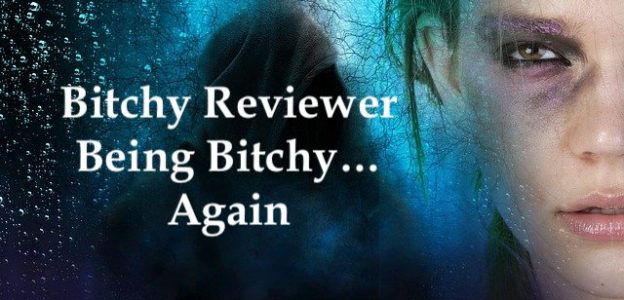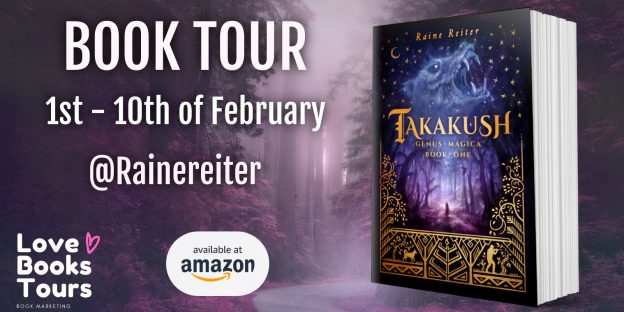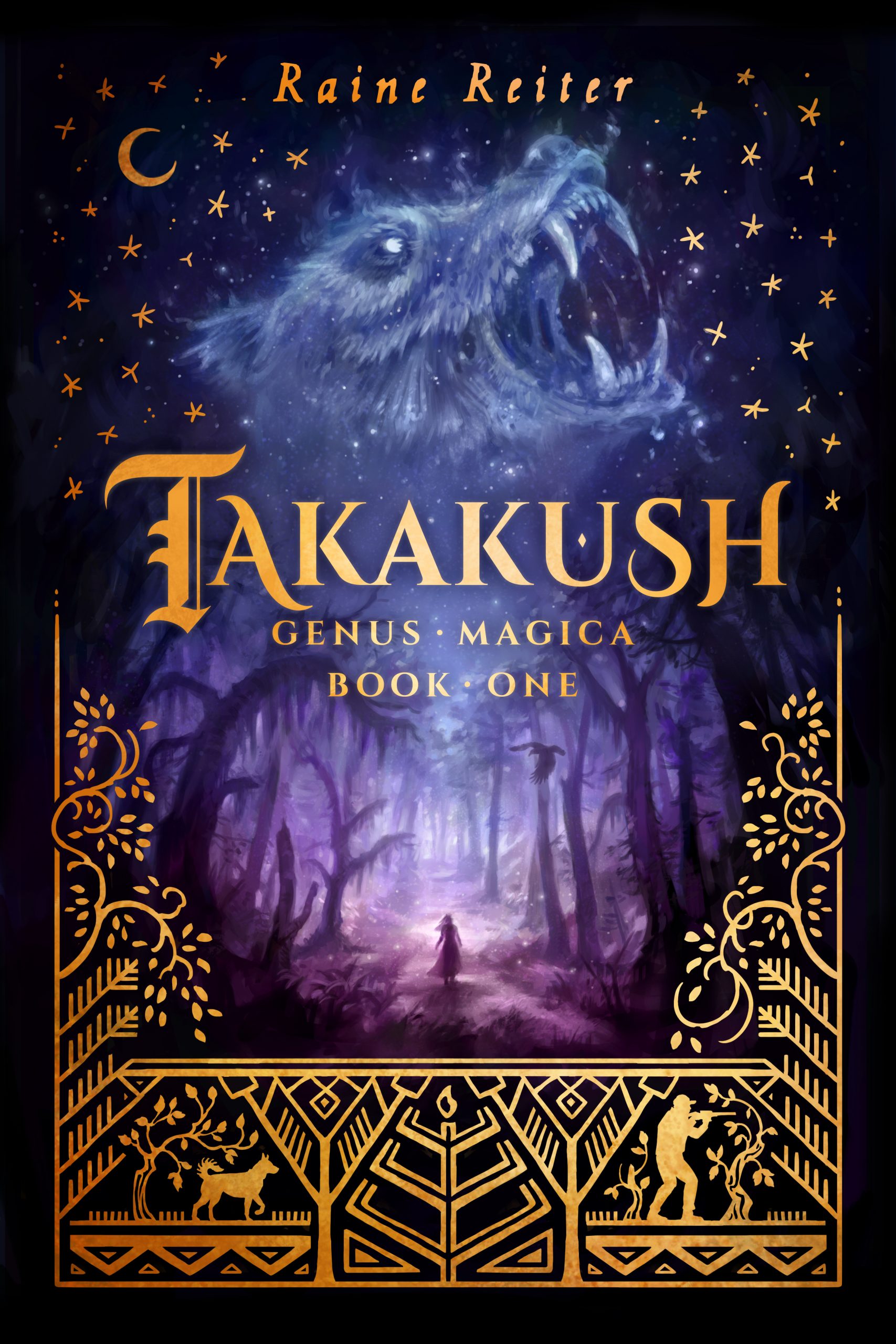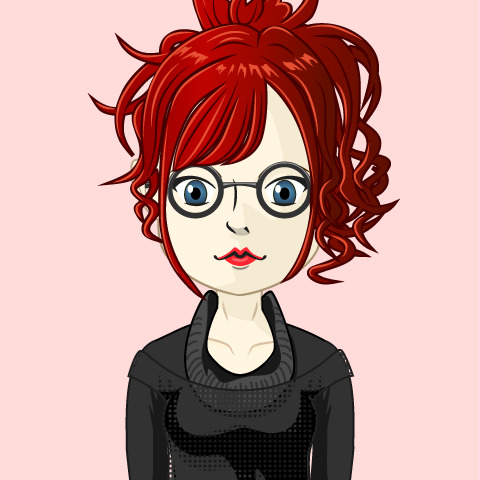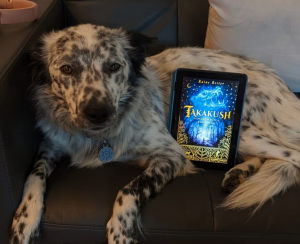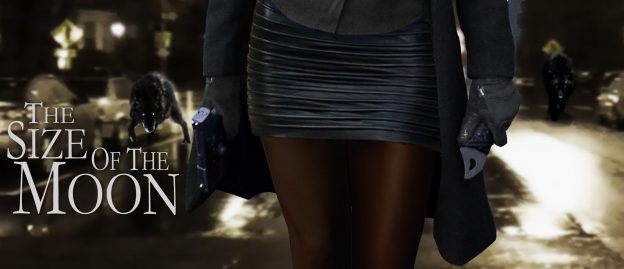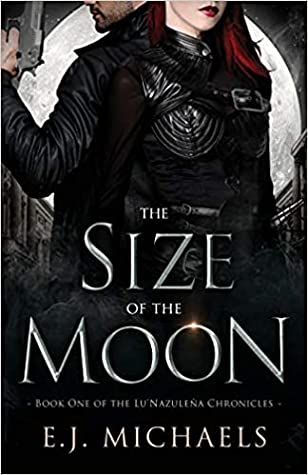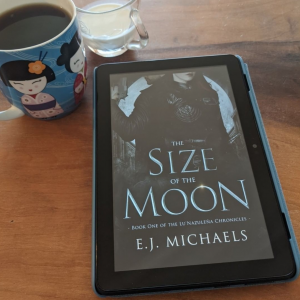I’m going to have a little rant /slash/ in-the-reviewer’s-head session here. Earlier today I received a book review request (I’m using the term request loosely, there is no actual request anywhere in the email) which I found presumptuous and arrogant. And since I’ve received some variation of this sort of request several times before, I was “all aflutter with not-again-annoyance” (to quote myself).
The first thing I did after receiving the email request was roll my eyes, but the next was to send this tweet out.
Authors, don't do this. Don't make a presumption of my time. You request a review, you don't demand one. Almost nothing makes me want less to do with your book. As a side note, especially don't do it while citing a book I gave a middling (at best) review to. #bookreviews pic.twitter.com/76YTW4Z1uG
— See_Sadie_Read (@See_Sadie_Read) February 9, 2021
Soon after I sent out the tweet, I had poster’s remorse. I figured it wouldn’t actually irritate someone who hadn’t received so many arrogant requests before and, therefore, wasn’t quite so primed to find red flags in it. Thus this post. I’m going to break down why this particular post raised my eyebrow.
Just in case the image above doesn’t generate, I’ll quote the email I received below, though I’m redacting the author’s name and the title of the book. My point isn’t to shame them personally, but to show why (from my perspective) this request will never entice me to read their book. And hopefully prevent others making the same mistake.
Dear Sadie,
I have chosen to send you the first chapters of my book called XXX after reading on Amazon your review of The Alchemist.
XXX is not just a spiritual or fictional book; it is much more than that. It is one of the most concise and informative books you have ever read. In the glossary, there is a wide range of information and website links for your spiritual awakening. This book will definitely change the way you see the world and yourself, and it can save your life and the people you love.
This is NOT a new marketing strategy. The COVID-19 pandemic is speeding things up, so I’m willing to send you the book for free if I have to.
I recommend that you read the first chapters as soon as possible. You will find a PDF file attached to this email.
Namaste,
I’m just going to start at the top and move line-by-line from there.
I have no issue with the greeting. In fact, they personalized it. No, Dear Reviewer here. So, good start.
My problem starts with “I have chosen to…” This attempts to set the tone of the exchange. They chose me. I should be grateful. This first sentence attempts to place me in a subordinate position. Because when one is grateful they go out of their way to be as helpful as possible in return.
My next issue is with “after reading on Amazon your review of The Alchemist.” Here’s what I said about The Alchemist.

It’s hardly a raving review that would suggest I’m looking for similar reads. Perhaps the author of the review request meant, ‘since you didn’t particularly care for The Alchemist you’ll like my book that is different because…’ But as they didn’t say that, I can only go with the guess that they hit up all the reviewers of The Alchemist that had open email addresses. Yes, I feel chosen and important. 🙄
Moving on to “XXX is not just a spiritual or fictional book.” I know some people may not see spiritual and religious as the same. But I think it’s fair, when speaking of book genres, that they fall in the same broad category and my policies state I “would prefer no YA or religious books, please.” It’s even in red….purple….pink…ish so it stands out.

But even if you read that sentence and didn’t think it included spiritual books, the book pointedly isn’t Science Fiction, Fantasy, Urban Fantasy, Paranormal Romance or an LGBTQ+ title. Thus, my policies already tell this author I don’t really want to read their book. I rather suspect this author didn’t bother reading the policies though.
We’ll just touch briefly on the assumptions about my education involved in the statement “It is one of the most concise and informative books you have ever read.” How do they presume to know what I may or may not have read? I’m a woman with two Masters degrees (and as an aside, a BSc that includes a minor in religious studies) and runs a book review blog. I’ve read quite a lot.
Next, “This book will definitely change the way you see the world and yourself,” This is either pointless hyperbole or a truly bold statement that again presumes to know an awful lot about me personally. And I simply don’t even know what to make of the claim “and it can save your life and the people you love.”
“This is NOT a new marketing strategy.” Then what is it? It’s certainly a marketing strategy. Is it an old marketing strategy dressed up as something different?
“The COVID-19 pandemic is speeding things up...” What things, and how is Covid-19 speeding them up in any way that relates to me as a reviewer or the author’s decision to email me, pertinent?
“… so I’m willing to send you the book for free if I have to.” Did you expect not to? Did you expect to request (demand) not only a review, but a purchase as well? Sending a copy of the book is a normal and expected part of the review request process. But I feel like the author included this line to emphasize how dire this mysterious situation is. Again, trying to control and manipulate the exchange, or at least my reaction to it.
“I recommend that you read the first chapters as soon as possible.” This is where I really bristled. I did not ask for this author’s recommendation. In fact, I consider this a direct order from a person who should instead be humbly requesting I read the first chapter of their book at my convenience. And that’s assuming they aren’t asking if I’d be willing to read the first chapter of their book. That is a markedly different tone to what is presented. It presumes to have the authority to instruct me and the right to make demands of my time. It’s so certain of itself it has even included the chapter in question.
Then, after speaking to me as a questionably educated subordinate it signs off with Namaste, a sign of respect. Talk about a hollow misappropriation of the term!
Here’s the thing though. I can pick this email apart line-by-line, but it’s not the line-by-line sentences that are the problem. It’s the overall tone and what it tells me as a reader and reviewer. I’ve been doing this for seven years, I’ve learned a few things. Here’s what I can guess about this author already. And I’m pretty confident about it too.
I would normally say they’re almost certainly male (which leads me to wonder if they’d have employed the same domineering tone if they’d been writing to a male reviewer). But Google tells me the author’s name is generally female (and if it’s a man writing under a woman’s pen name I’d never know). Regardless, they are used to a certain amount of entitled pandering. The book is almost certainly self-published and has probably never been seen by a professional editor. And here’s the real kicker. The author will almost certainly not deal well with criticism. If I give this book anything less than a 4-star rating I will probably deal with grief over it.
I’ll give as an example here the time I gave a someone’s book a 2.5 star rating and equivalent review. Then, TWO YEARS later was informed by a concerned by-stander that the author was having an explicit rape scene critiqued in a writers group and bragging about how he’d written it to avenge the reviewer who panned his book. This is the sort of vibe I get from this review request—a person who won’t take rejection well and then won’t want to let it go.
But Sadie, how could you possibly know that, you might ask. Well, I don’t know. But that is the impression the ‘request’ gives me and it’s backed by a fair amount of anecdotal evidence. Anyone who sends me a request that over-blown and pompous is obviously used to getting their own way, not being contradicted, and will assume they don’t need the help normal people do. After all, they don’t have to follow the social niceties. Not even when requesting a review of a book about spiritual awakenings.
At least that’s what I think the book is about. The email doesn’t actually give me any real concrete information about the subject of the book. After all, I’m not supposed to be deciding to read it because of any interest in the subject, but instead because the author is so impassioned, impressive, and told me to. In that regard, I’m not even supposed to be deciding to read it. I’m just supposed to do it. You’d think someone writing about some variant of spirituality would be a little more socially aware. But, oh well.
All in all, no, I won’t be reading this book. I wouldn’t be regardless of how the request was worded. It’s not within the stated genres I read and, since I can’t find a whiff of it online (Amazon, Goodreads, etc), probably not available in physical form, the only format I’m currently open to, per my policies.
So, while I admit I’ve written this in part simply for my own amusement, I think it’s also a point authors and publishers (or whomever is making a book review request) might take on board. Tone matters, manners matter. Words are not just words, they tell stories and give impressions. And that is as true outside the confines of your book cover as inside. This author burned a bridge pretty badly here. How many times have you (or I) inadvertently done the same?
